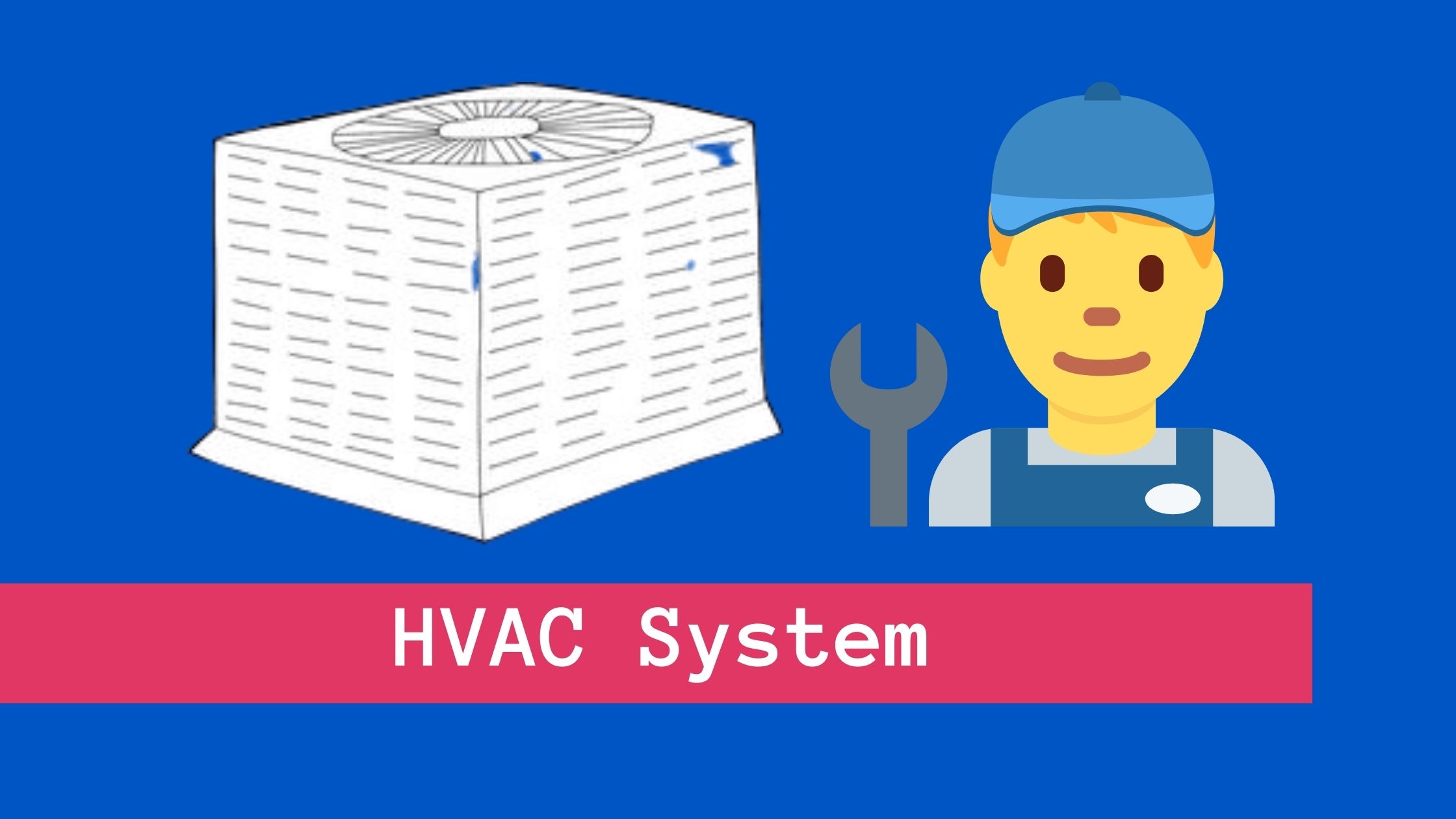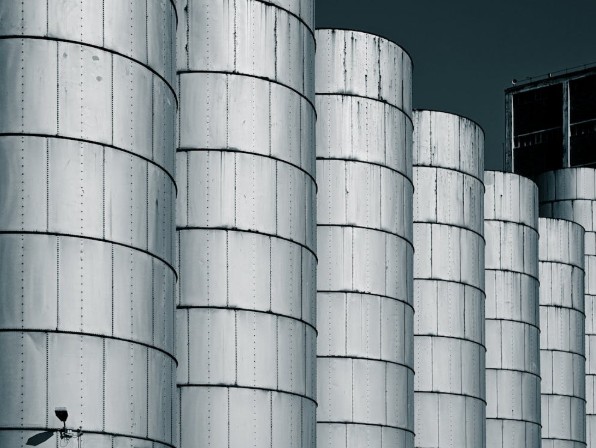
An HVAC system is used to regulate the temperature of the place it has been installed in. These systems can be found in commercial or residential buildings.
Functions of an HVAC System
Some of the core functions of an HVAC system include:
- Filtering air by removing dust particles.
- Sustain room temperature by cooling or heating.
- Controlling humidity levels and maintaining pressurization, especially in pharmaceutical companies.
Why Clean the HVAC System
Continuous use of the system accumulates dirt and particulates. Here’s why you should clean the system.
To Save Energy: Contaminated systems require a lot of energy to control temperature and humidity. Clean HVAC systems require less energy to operate, thus reducing energy costs.
Ensures Quality Indoor Air: One of the heating and cooling system functions is to filter air. Dirt buildup over time can lead to respiratory complications, allergies, among others. Keeping your systems clean ensures that indoor air is quality and dirt related diseases are kept at bay.
When to Clean Your Heating and Cooling System
If by regular inspections, you determine that the system has accumulated a lot of dirt, debris, and other particulates, energy consumption has gone up, and or the system’s efficiency has decreased, then it’s time to clean up.
How Often Should You Clean Your Duct
A normal system duct should be cleaned every two to five years. If you have maintained your duct well by changing filters every two years, you can increase the period between expert cleanings.
How to Clean Evaporator and Condenser Coils
Evaporator Coil: It’s that part of an air conditioner that absorbs heat from the air.
Condenser Coil: It’s the part of an air conditioner where liquid converts into vapor. The condenser and the evaporator coils are located inside the access panel. Before you begin cleaning, turn off the HVAC system, unscrew the panel to access the coils. Below are methods and steps for cleaning the evaporator and condenser coils.
Use of Compressed Air
Compressed air can be used to blow away the light buildup of dirt and particulates on the coils as follows:
01. Following the reverse direction of normal airflow, direct compressed air over the coil starting from the cleaner side towards the dirtier one.
02. If the dirt is stubborn, put the nozzle at the bottom of the debris.
03. If applying high pressure, directing the compressed air at a 90-degree angle or directly above the fins will prevent them from getting damaged.
04. To remove dirt without forcing it into the fins, ensure consistent airflow across the coil.
05. Don’t blow dirt, debris, and dust into the duct system.
06. Wear eye protective gear to keep your eyes safe from dust and other objects.
Using a Brush
Brush cleaning is very effective for removing light dirt buildup from the coils. This cleaning technique doesn’t require the use of liquids and chemicals. Also, you have control over the amount of pressure you apply to the fins and coils. Here’s how the brushing technique works:
1. Put the brush on the coils and sweep dirt away.
2. If there’s any stubborn dirt on the coil, repeatedly scrub it off until it’s clean.
3. Avoid using brushes that can damage the fins, such as wire brushes.
By Use of Commercial Cleaners
Several commercial brands are cleaning the evaporator and condenser coils, most of which are the foamy type that breaks down and flows into the HVCA’s drainage system. To find out which cleaner best works for you, consult a local contractor such as Rockport HVAC. Once you find your product of choice:
1. Read and adhere to the guidelines and precautions on the product.
2. Apply the cleaner on the coils as instructed.
3. Let the foaming occur, then allow it to drain away.
4. Repeat the process until the coils are clean and free of dirt.
Using Mild Detergents and Water
Instead of a commercial cleaner, you can use mild detergents and water as directed below.
1. In a spray bottle, mix warm water and a simple detergent.
2. Spray the mixture on to the evaporator and condenser coils.
3. Let it soak in and soften the dirt.
4. Using a cloth, wipe away the softened dirt.
5. If the coils aren’t clean, repeat the process until you get satisfactory results.
Heavy-Duty Cleaning
This is a cleaning technique that requires strong chemicals and equipment like a pressure washer and steam cleaner. A heavy-duty cleaning method might cause revisions to your air conditioning system. If your coils are dirty enough to affect your air conditioner’s functionality, seek expert cleaning and maintenance services from your local contractor.
Problems That May Arise from Dirty Evaporator and Condenser Coils
Dirty HVAC coils may cause problems such as:
- High energy consumption
- Low cooling capacity
- Slow heat transfer
- Increased energy bills
- System breakdown due to high heat and humidity
- Ice buildup on coils
Maintenance of the HVAC System
To ensure your heating and cooling system’s long life and smooth operation, you should perform regular preventive maintenance services. These services will reduce your energy bills and keep your unit clean.
HVAC Maintenance Tips
1. At least a month, inspect, clean, and or change air fitters to avoid the system’s failure.
2. Arrange maintenance sessions before, during, or after seasons such as summer, spring, and fall.
3. To ensure proper circulation and flow of air, clear the areas surrounding your HVAC system.
4. At least once or twice a year, clean your evaporator and condenser coils.
5. Regularly lubricate moving parts to reduce friction, thus wear and tear.
6. Ensure that your refrigerant levels are enough to cool air efficiently.
7. Clean the coils
8. If your air conditioning unit is older than 10 years, replace it.
9. Invite an expert for regular maintenance.
Factors to Consider when Choosing a Maintenance Plan
- Your HVAC brand
- Area of residence
- How often you use your HVAC
- The size of your system
- Your system’s condition
Benefits of Regular Maintenance
Reduced Energy Bills: Well-maintained heating and cooling system require less energy to operate, thus low energy bills.
Fewer Repair Bills: Regular maintenance ensures that minor faults are easily spotted and fixed before causing a major problem.
Long-lasting Equipment: Systems that are regularly maintained last longer than those that aren’t maintained.
Quality Indoor Air: Well-maintained equipment will produce air free of impurities, thus keeping your family safe from respiratory complications and environmental allergies.
When Should You Do HVAC maintenance?
To ensure environmental safety and comfort, here are suggestions for when to schedule your maintenance sessions.
- During spring and fall for systems that cool and heat.
- At least once a year before the cooling season for systems that require cooling maintenance only.
- For systems that need furnace maintenance only, once a year before the heating season.
Conclusion
If you are a building owner, facility manager, or cleaning crew member, you should know to keep your HVAC system clean and operational. You must schedule regular maintenance regimes. Take charge of occasionally inspecting the system to ensure all is well, and contact an expert when need be.


